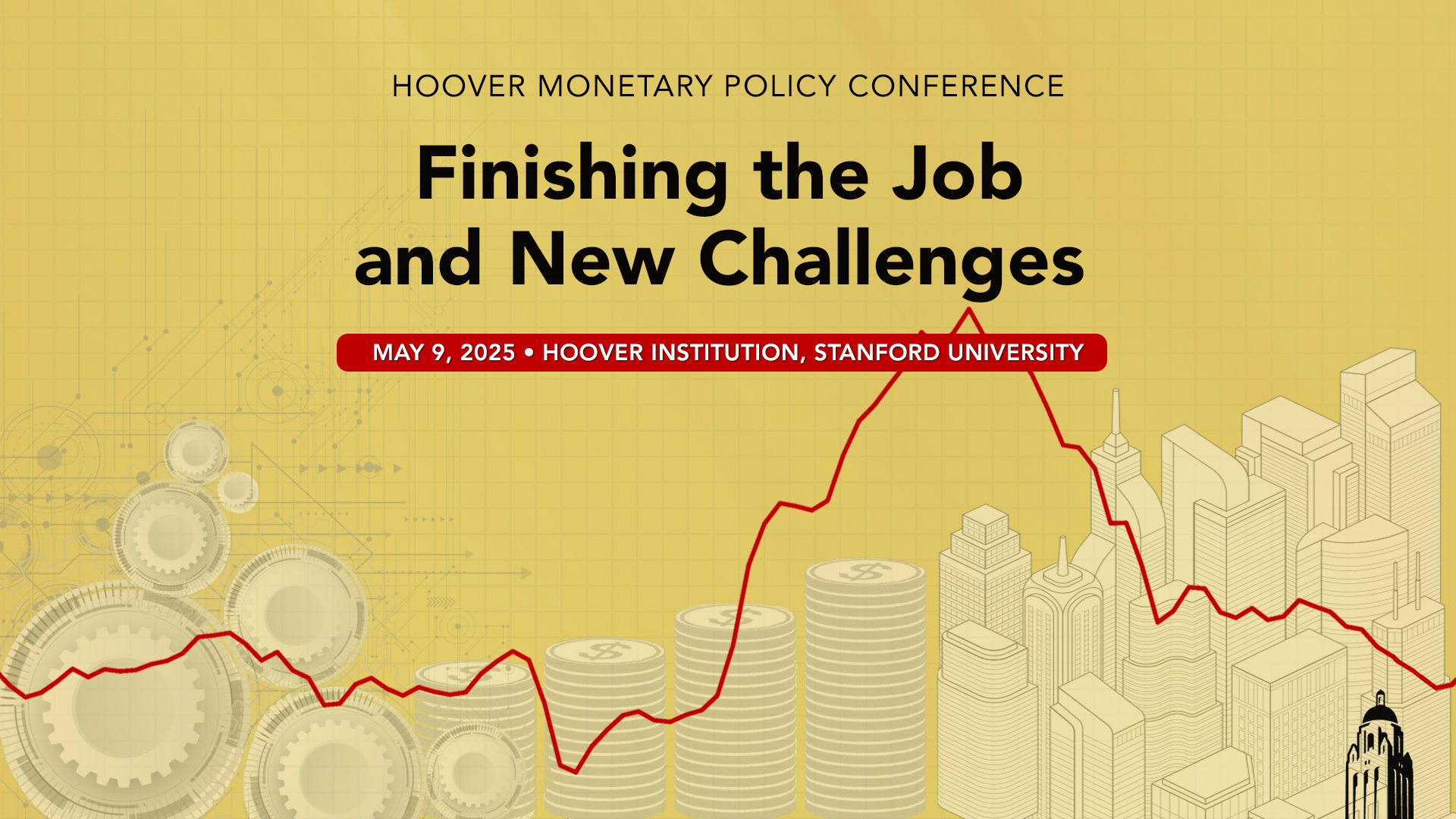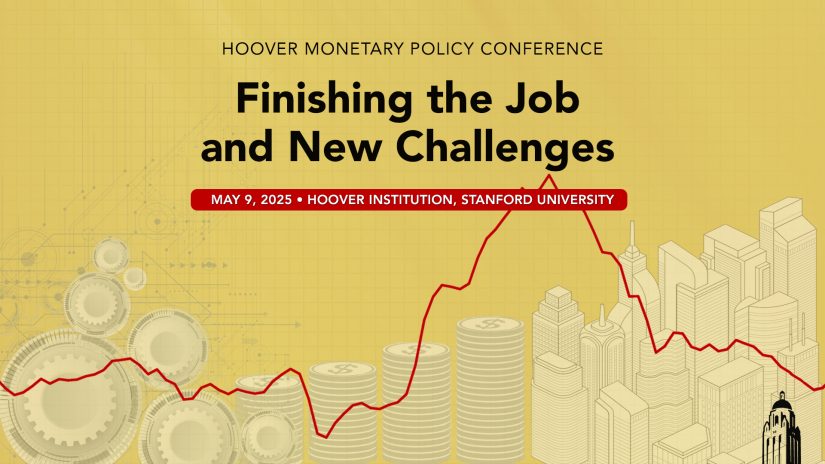
**Exploring the New 50-Year Mortgage Choice**
In recent times, the real estate market has introduced a variety of creative financial solutions designed to broaden homeownership possibilities. One such new option is the 50-year mortgage, which marks a substantial shift from the conventional 30-year fixed-rate mortgage. As living expenses continue to climb and home values increase, the availability of longer-term mortgage choices may provide a practical alternative for certain potential homebuyers.
**What Constitutes a 50-Year Mortgage?**
A 50-year mortgage is an extended home financing agreement wherein the borrower consents to repay the loan over a 50-year timeframe. With this arrangement, the monthly payments are lower than those of a 30-year mortgage due to the prolonged repayment duration. This mortgage type generally comes with a fixed interest rate, signifying that the rate remains unchanged throughout the loan’s term, ensuring stability and predictability for borrowers.
**Advantages of a 50-Year Mortgage**
1. **Reduced Monthly Payments**: The main benefit of a 50-year mortgage is the reduced monthly payment. By extending the repayment timeframe by an additional 20 years in comparison to conventional 30-year loans, monthly payments are significantly decreased. This can enhance homeownership accessibility for individuals and families with lower or moderate income levels.
2. **Enhanced Buying Capacity**: With reduced monthly payments, borrowers may become eligible for larger loan amounts, enabling them to explore homes that might have been out of reach with a shorter-term mortgage.
3. **Flexible Cash Flow**: Individuals with variable incomes or those with other pressing financial priorities may find that the lowered financial obligation each month affords them greater cash flow for savings, investments, or other expenditures.
**Disadvantages of a 50-Year Mortgage**
1. **Increased Total Interest Paid**: While monthly payments are lower, extending the loan duration leads to paying interest over a more extended period. As a result, borrowers will typically pay a considerably higher total interest amount over the loan’s lifespan compared to shorter-term mortgages.
2. **Gradual Equity Accumulation**: A lengthier loan period leads to a slower rate of equity growth in the property. Accumulating equity is vital as it signifies ownership of the home and can be used for financial requirements in the future.
3. **Limited Accessibility and Elevated Rates**: 50-year mortgages may not be as readily available as their 30-year versions, and lenders might offer them at somewhat higher interest rates due to the heightened risk associated with lending across such an extended time frame.
**Who Might Opt for a 50-Year Mortgage?**
A 50-year mortgage could be ideal for those who:
– Need lower monthly payments to effectively manage their finances.
– Intend to channel the savings from decreased monthly payments into various financial ventures.
– Do not plan to pay off the mortgage prematurely and are at ease with the long-term costs.
– Seek to buy a home in a high-expense location where shorter-term mortgages are impractical due to elevated monthly payments.
**Final Thoughts**
Like any financial instrument, a 50-year mortgage comes with its distinct advantages and drawbacks. It is crucial for prospective homebuyers to evaluate their financial standing thoroughly and contemplate their long-term aspirations before committing to such a mortgage. Engaging with financial advisors and conducting in-depth research can aid in discerning whether this extended mortgage term aligns with their aims, ultimately facilitating informed and strategic choices in their journey toward homeownership.
